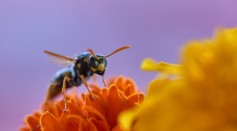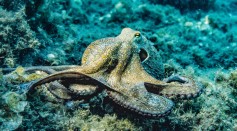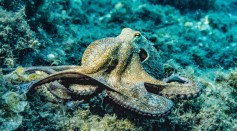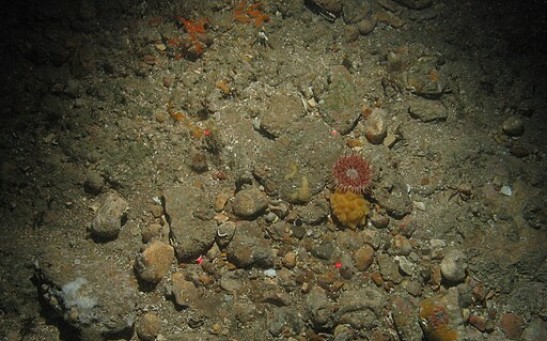invertebrates
Unusual Blue Discoloration in Insects Caused by Virus, Could Pave the Way for the Development of an Antiviral Material

Scientists from the Natural History Museum Describe 351 Plant and Animal Species in 2022: Stegosaur, Frogs Smaller Than a Coin, Wasp Parasites, More!

Octopuses, Squids, Crabs Have Emotions! Scientific Views on Invertebrate Reveal They May Have Feelings

Decapods and Cephalopods Discovered to be Sentient, Prompts Change in Animal Welfare Laws

Mangroves in Danger: Lack of Invertebrates, Other Species That Threaten Plant Populations

Can Internal Organs of Prehistoric Species Be Preserved? Paleontologists Discover Fossilized Central Nervous System of 310 Million-Years-Old Arthropod
Jellies Reveal Clever Mode of Transport, Even in Absence of Brains
Most Popular

How Technology Is Changing the Real Estate Industry?

How a Plant-Based Diet Can Protect Against Breast Cancer: Insights from Nutrition Research

Study Reveals High Turnover in Scientific Research Careers: What This Means for Future Scientists

Why It's So Difficult to Lose Weight: The Biological Explanation Behind Obesity






